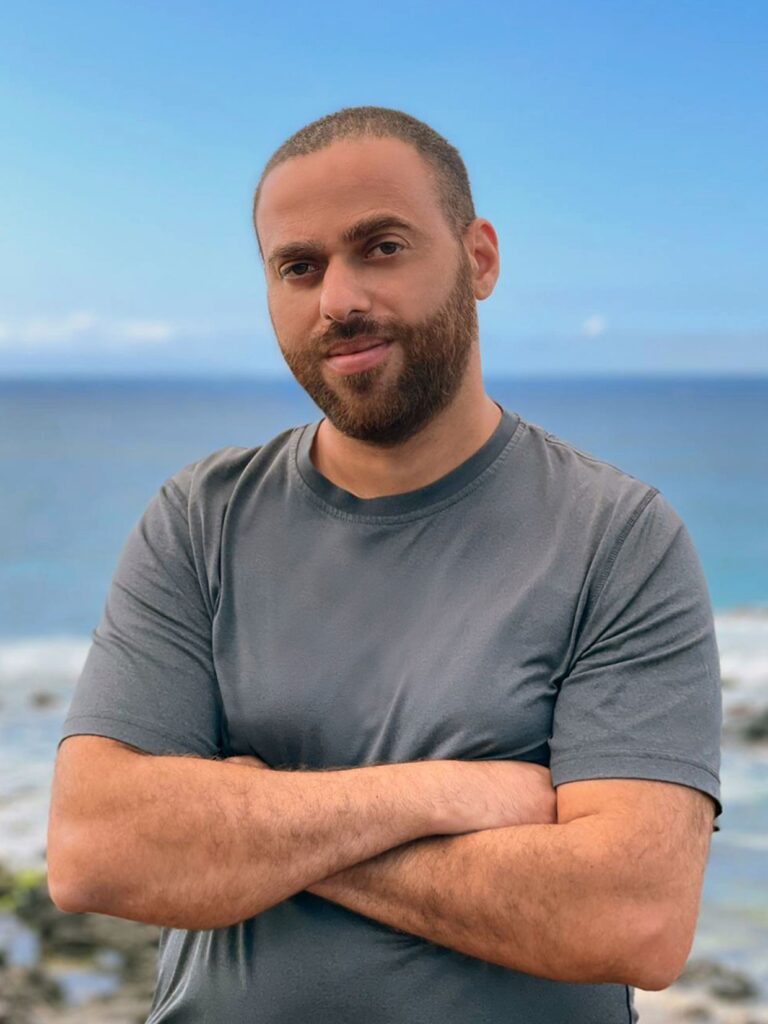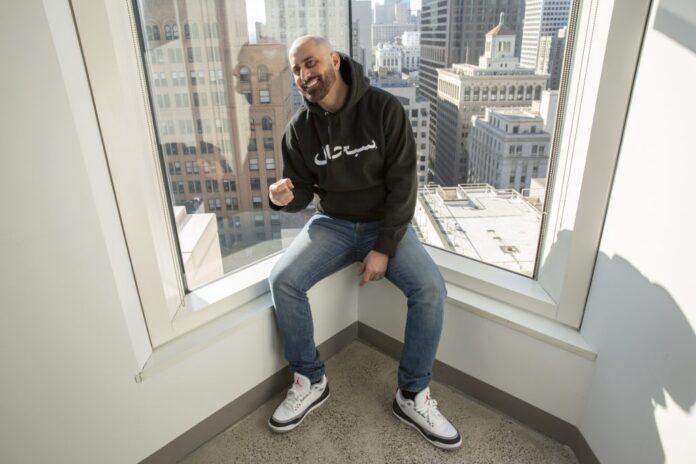Indie distributor, label and publisher EMPIRE is expanding into West Asia and North Africa, the company announced today (Feb. 17), the latest international expansion for the Bay Area-based company and one that brings it firmly into the Arab-speaking world.
As part of the move, EMPIRE has also hired Suhel Nafar as vp strategy and market development, who most recently worked as Spotify’s global lead of Arab music and culture.
The move is one of both professional opportunity and also has a personal aspect to it for EMPIRE, which is led by first-generation Arab-American Ghazi.
“It makes absolute sense for us as a company. There’s a lot of talent growing in that area, so there’s opportunities in terms of signings, in terms of infrastructure with DSPs like [Lebanon-based streaming service] Anghami taking off, telco’s in areas like Egypt that we haven’t all the way tapped into yet,” Ghazi told Billboard in an interview. “And then from a personal position, I’m from that region, so it makes absolute sense for me to push West Asian / North African music, being that that’s, from an ethnic and lineage standpoint, my family and my culture.”
In Nafar, EMPIRE is also bringing on board an executive with a track record of building infrastructure and artist services in the region. A former hip-hop artist himself who learned English through music, Nafar’s work at Spotify included launching the streaming service’s Arab hub, serving both the local region and the broader diaspora, curating its playlists and programming strategy within the app and establishing connections within the artist community.
His new role will be a hybrid one, he tells Billboard, tasked with both discovering artists and building infrastructure for the company in the region.
“The data in the diaspora is insanely huge around Arabic music, more than even locally,” Nafar says. “If you look at, for example, the Gulf region, Saudia Arabia or Dubai, a lot of people there are streaming Filipino music or Bollywood music more than Arabic music. But then if you look at artists that are top-tier in the Arab world, they’re being streamed in the U.S., Brazil, Mexico and Germany. And looking at what’s happening with the political climate change that happened in the last few years in that region, a lot of people have left and moved around. So there are huge markets within those huge markets and, through the data and the things that I built for Spotify, I learned how to connect those bridges in the right way. And that’s what I want to bring with me here to EMPIRE.”
Already, EMPIRE has made inroads in the region with a handful of signings, including Canadian-Lebanese artist Massari and Palestinian singer Elyanna, who released her self-titled debut EP in 2020. The goal is to make more signings from the region and develop the company’s presence there, as they have done in other areas like West Africa. Nafar will be based out of San Francisco.

The two also see EMPIRE as well-positioned to connect with the local regions in West Asia and North Africa. Both Ghazi and Nafar speak Arabic, while EMPIRE’s COO, Nima Etminan, was born in Iran and speaks Farsi.
“We have a number of people in the company that speak languages that are native to the region, so culturally we’ll be able to connect” Ghazi says. “I would hope to be able to replicate a lot of that energy in North Africa and West Asia, and just continue to build infrastructure and start to make a dent where people start to see us as the global force that we are as a company and understand that we’re there to do good in the region and do great things in the region.”
“I grew up on hip-hop music — the reason I’m speaking English to you right now is hip-hop music,” Nafar says. “And I always felt like it’s a mission for me to move to a point where a lot of people in different places in the world learn Arabic because of music, just like how I grew up, and I see that happening. And with us building the infrastructure and partnering with artists in the way that EMPIRE has been doing it, we can boost that strategy of having some genres exported from our region.”





